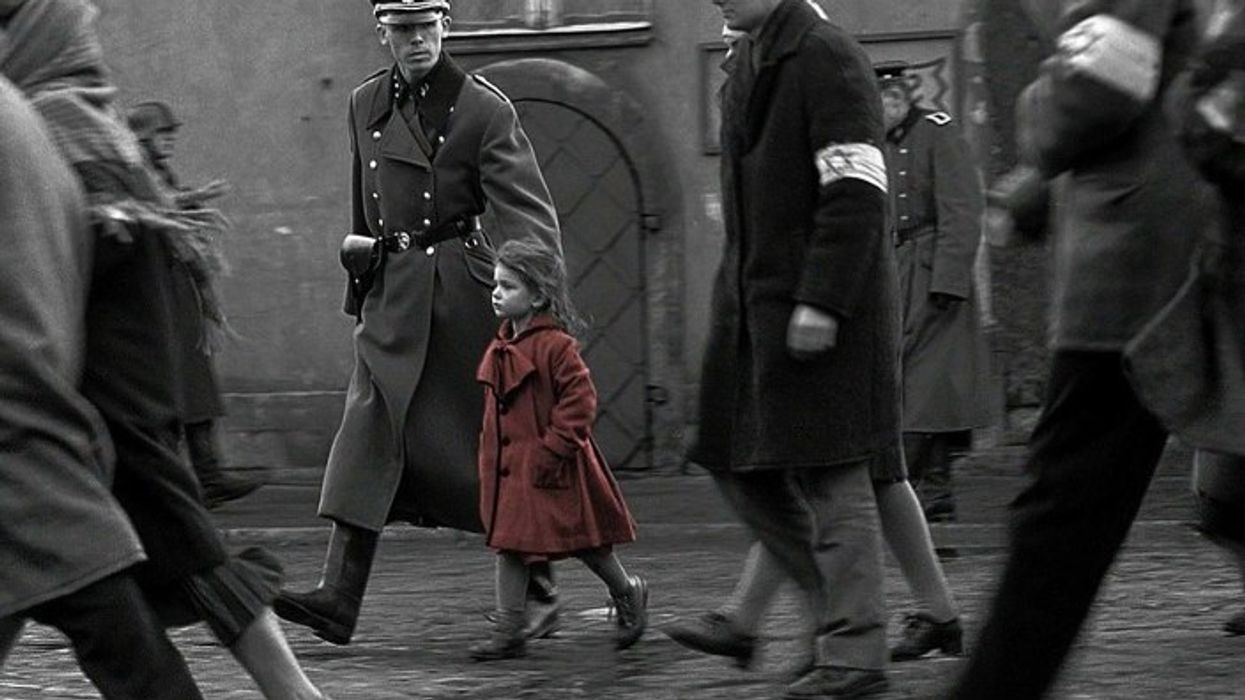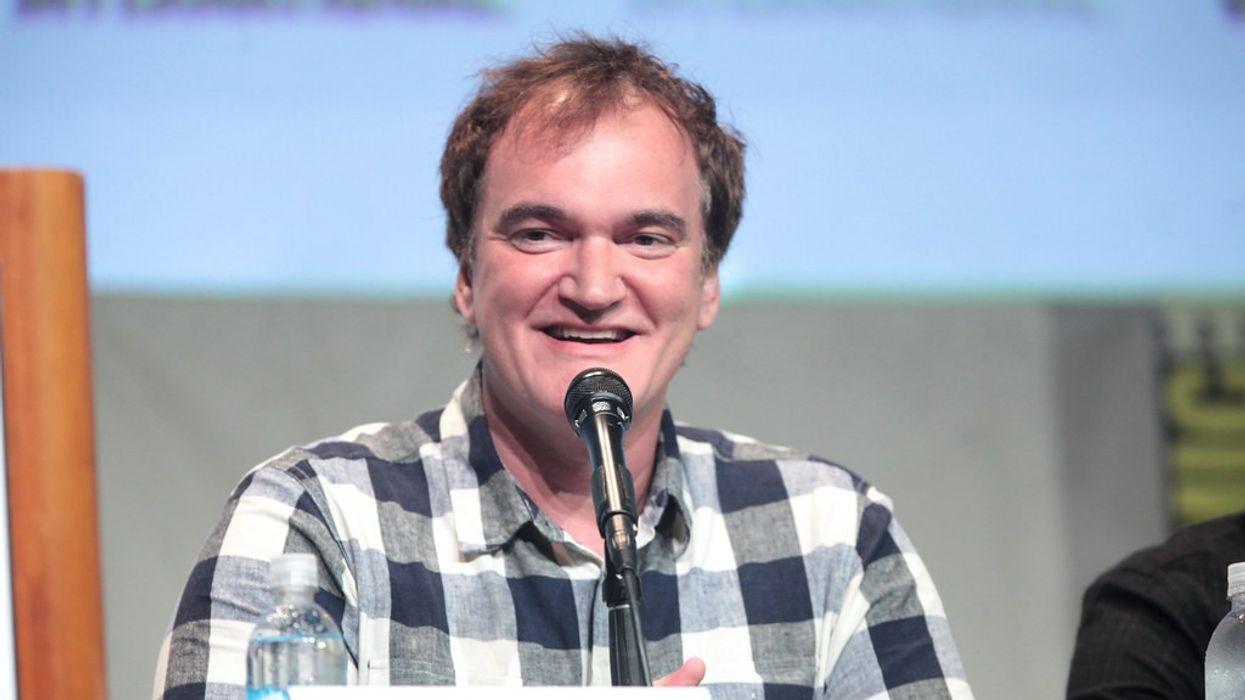The Story Behind Ford Sponsoring an Airing of 'Schindler's List'—Despite Henry Ford's Legacy
Henry Ford was an anti-Semite, but decades later, his company wanted the world to know they were not.

Schindler's List is one of the most important movies ever made. At the time it was shot, many people across the globe were not educated about the Holocaust or were skeptical it happened.
While documentaries like Shoah covered the atrocities that took place, mainstream cinema had not really tackled the horrors of World War II. Steven Spielberg felt the call to tell the story, working with Steve Zaillian to direct an adaptation of a book about Oskar Schindler, a manufacturer who helped save the lives of thousands of Jewish people during the Holocaust. The film won seven Academy Awards, including Best Picture.
We even wrote an article on how it changed the world.
Schindler's List on TV
One untold story recently discussed in the Hollywood Reporter is how, four years after its release, NBC decided it was so important a movie, they should air it unedited on television. At the time, this was very controversial. The movie was rated R in the U.S., which means restricted for those 17 and under.
There was an objection from the Congressional Family Caucus co-chair Tom Coburn, who said, “I cringe when I realize that there were children all across this nation watching this program. They were exposed to the violence of multiple gunshot head wounds, vile language, full-frontal nudity, and irresponsible sexual activity.”
This outrage was quickly dismissed, with Senator Alfonse D’Amato pointing out that “to equate the nudity of the Holocaust victims in the concentration camp with any sexual connotations is outrageous and offensive.”
But once they got past all of that, there was still the hurdle of showing an over three-hour movie on network television. It felt completely wrong to air a movie like that with commercial breaks. Especially with the subject matter and storyline.
NBC eventually settled on offering companies an exclusive presentation opportunity, to help buy the airtime to show the movie.
That's when Ford Motor Company came forward. It paid over $10 million to run two 60-second commercials before and after the film. They got rid of their jingle-driven commercials, in favor of a more dramatic, Lauran Bacall narrated commercial. It features a diverse cast and an important message.
Aside from these commercials, there was also a two-minute intermission, which was sponsored by Ford.
Why does Ford's involvement matter?
So why was Ford's involvement so shocking? Well, Henry Ford, the company's founder, was an anti-Semite who openly vilified Jewish people. You can read more about his abhorrent beliefs in this article from PBS.
How did the Ford of the modern era get involved?
At the time, the Jewish Telegraphic Agency did some research on the airing. They found that Ford claimed it wasn't inspired to sponsor the airing because of its founder's beliefs. Gerry Donnelly, communications and advertising director for the company, told the agency, "Many of our people were involved in this project, and no one ever mentioned Henry Ford." Donnelly claimed many did not even know about this history at all.
For what it's worth, Warren Littlefield was the head of NBC Entertainment when the film ran. He had his own take on the sponsorship, telling the Hollywood Reporter, “We were aware of the history and yet [Ford] came forward and embraced the opportunity. Universal, Amblin, and NBC didn’t overthink and go back generations to question the origins. We took it as Ford was now very much aligned with our goals.”

Well, in an inspiring surprise, 65 million people tuned in for the Feb. 23, 1997, broadcast.
According to Nielsen, it was a 34 share. That means that more than a third of homes in the USA were watching that night.
One would hope that something similar could happen today. Because it feels like we need it. There has been a resurgence of anti-Semitism across the country in the last few years.
I'm not sure there's a grand summation of anything here except being grateful that these two organizations were able to come together at this one time. And as the world deals with racism, bigotry, and hate, it's important that we in Hollywood support stories that can promote healing, challenge the past, and create accountability for all.
Let me know your thoughts in the comments.











